Cucumber, also known as curcumin sativus, is a creeping vine that bears fruits shaped like cylinders. Cucumbers belong to the ‘Cucurbitaceae’ family. They are edibles found on most continents, including Africa, South Asia, and North America.
A growing cucumber sprawls out with its slender and delicate tendrils seeking support and trellis. It has canopy leaves that most times hide the fruit after it grows. Cucumber fruits are 95 percent water. It is always eaten as a vegetable.
Cucumber is one of the easiest vegetables edible to grow. You can grow your cucumber on beds, ridges, and plain soils. Cucumbers do not require elaborate care and maintenance routines for them to survive. Providing trellis for it to grow and sprawl out on as support is 90 percent of the job done. It can retain water and withstand hostile temperatures.
Using Companion Planting Cucumber
Protecting and maintaining an optimal supply of soil nutrients for your cucumber is necessary. Companion planting is another helpful method to help grow, protect and care for your cucumber plant. It provides shade, reduces weed space, attracts pollinators, provides trellis, repels insect and animal pests, and improves soil nutrients. Cucumbers are not selective. They can companion with almost any plant with few exceptions if you space them properly.
20 Cucumber Companion Plants
Cucumber can pair with some legumes such as beans, peas, lentils, and others. It can also grow well with some vegetable plants with similar maintenance methods. Below are 20 companion plants you can pair with your cucumber in your garden.
Asparagus
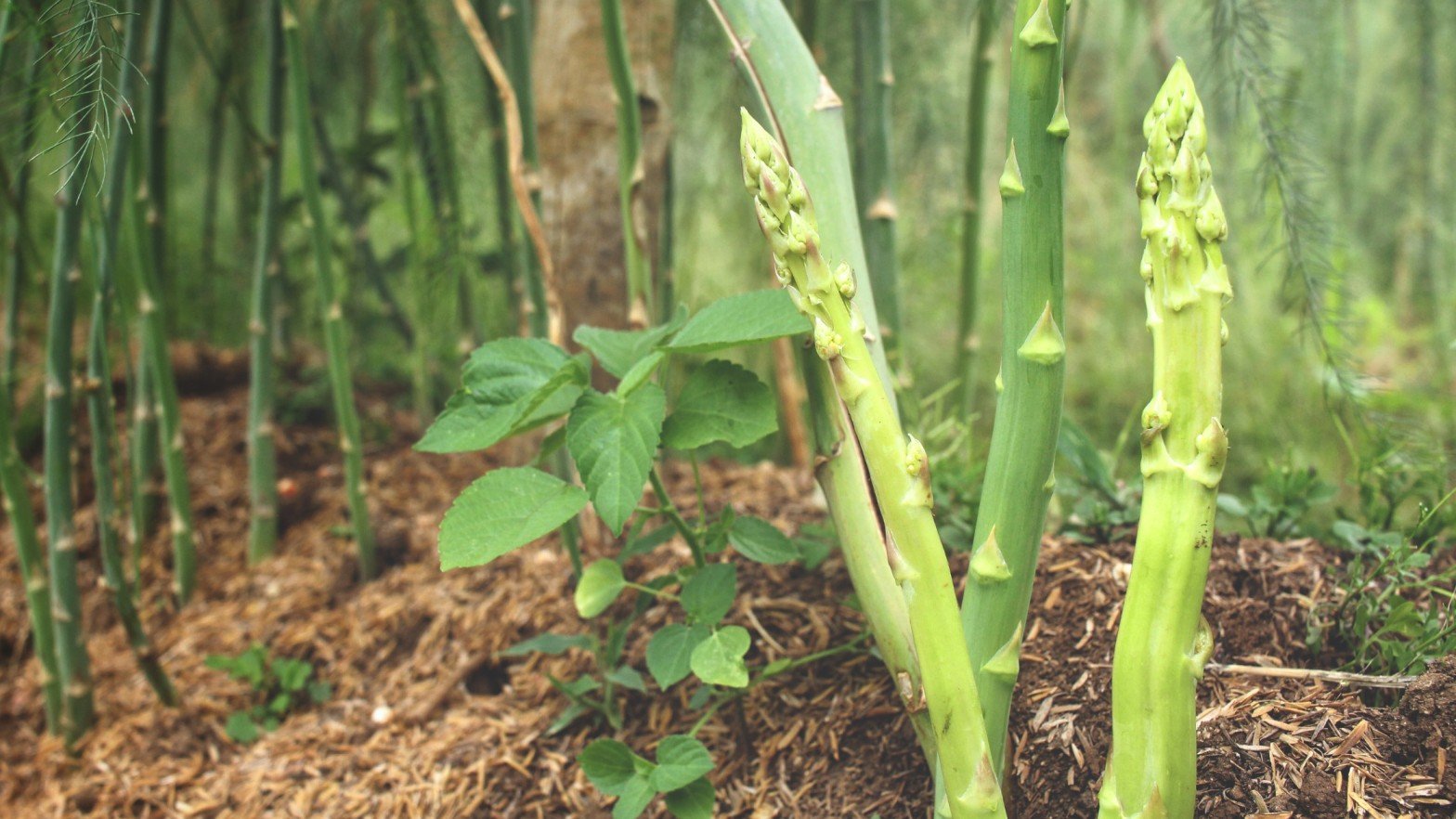
If you’re a lover of asparagus, you should consider planting asparagus as a companion to your cucumber plants. Asparagus plant companions are plants that have a symbiotic relationship with cucumbers because they mutually benefit each other. Asparagus can be grown in most temperate regions but often grows more robustly in cooler areas with long winters.
Nasturtiums
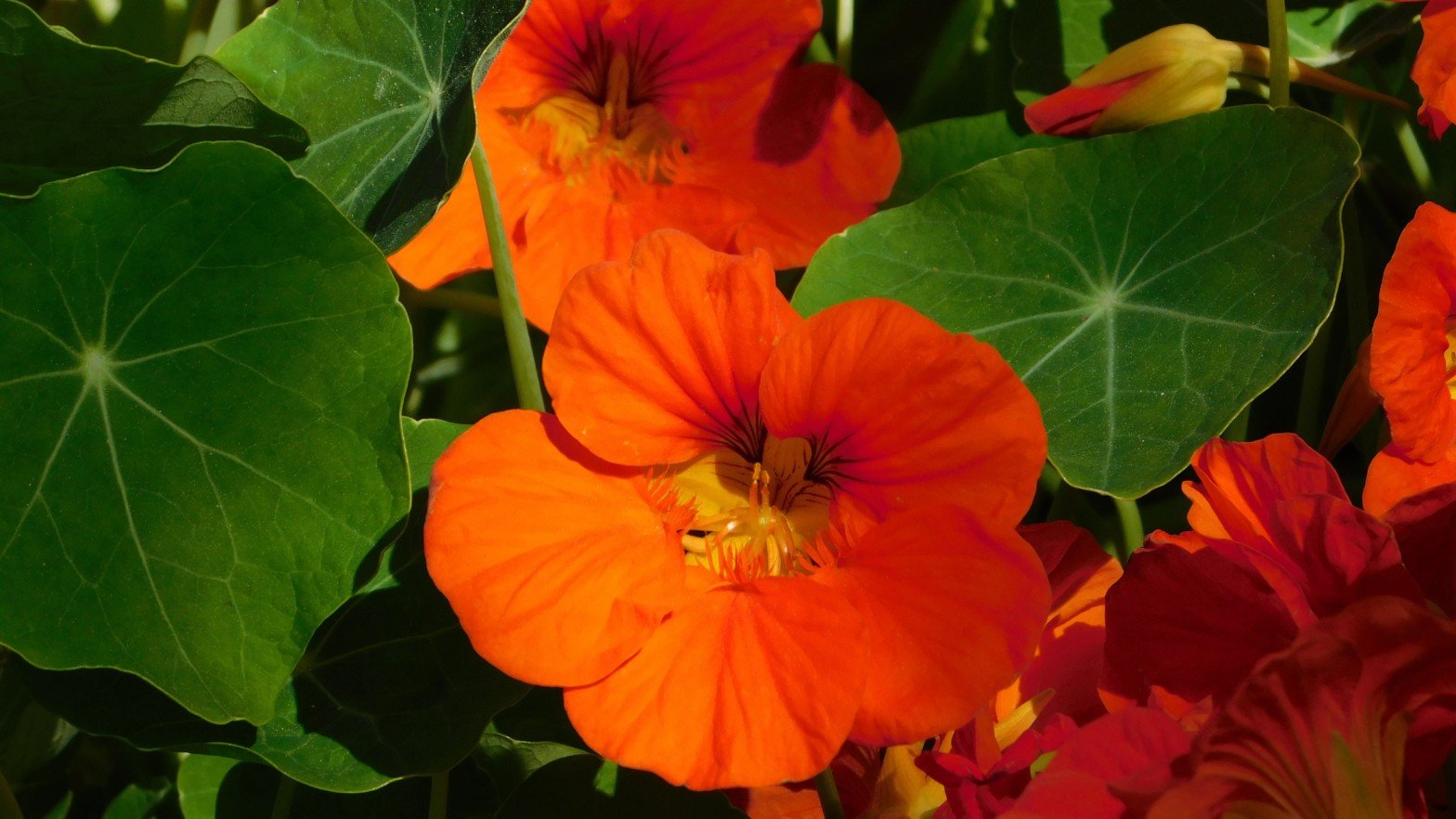
Nasturtium is a perfect companion for your cucumber plants. Just Like cucumber, Nasturtium is easy to grow. It can also act as a repellent to your cucumber. Cucumber Munching bugs such as aphids, thrips, needles, cutworms, snails, and slugs can damage your cucumber plants. Nasturtium scares off such pests providing a pest-free breeding environment for your cucumber. Nasturtium flowers sprawl out like cucumbers and can also be used as a trellis to support your cucumber plant.
Peas
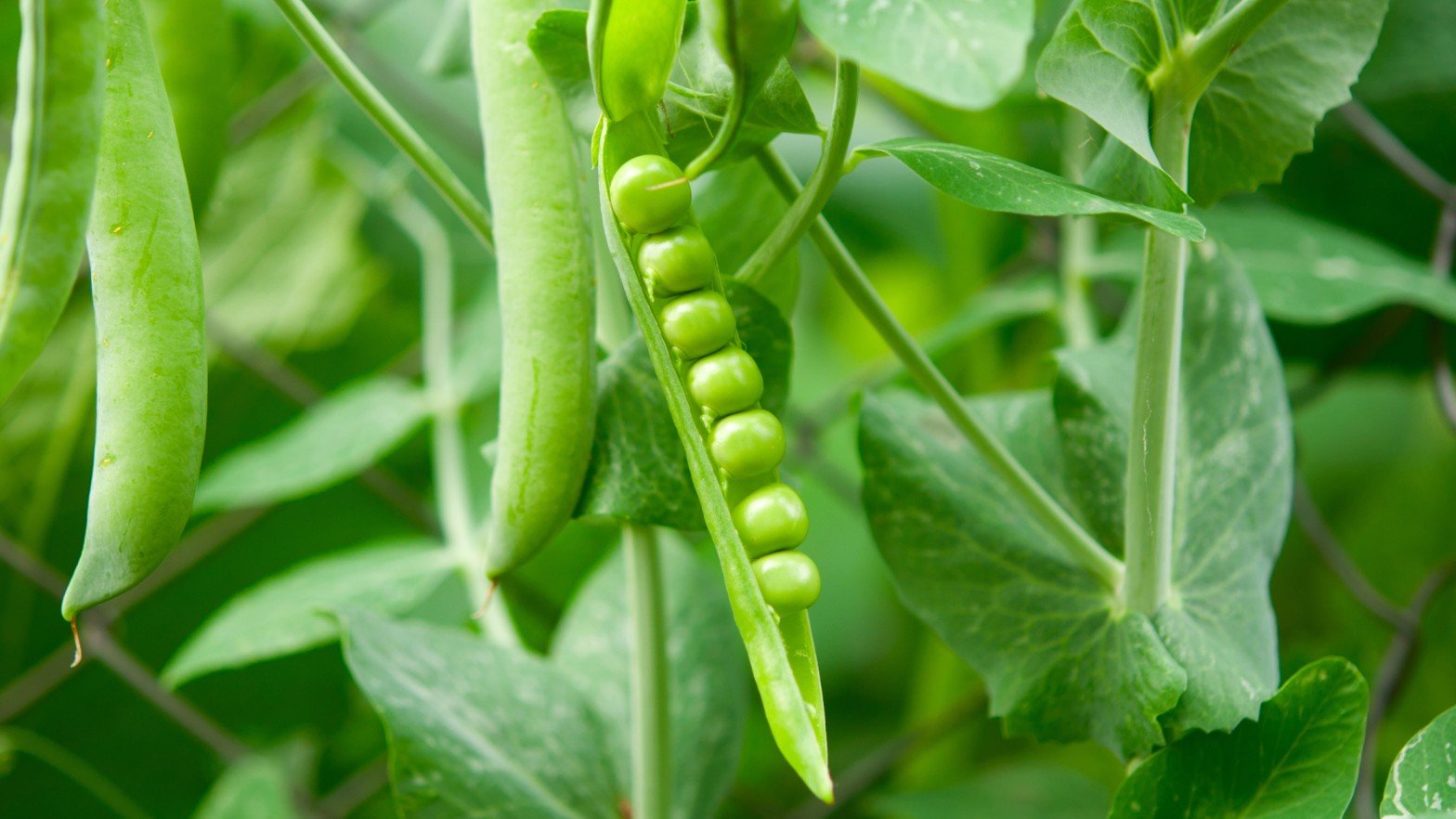
Generally, plants need a good supply of nitrogen in the soil to grow. Legumes such as peas use an elaborate root system to fix nitrogen to the ground through nitrification. You can grow peas with your cucumber plants. It enriches the soil providing a fertile breeding space for your cucumber. It is also not difficult to cultivate. You don’t need a rigorous maintenance routine to companion peas with your cucumber.
Marigolds
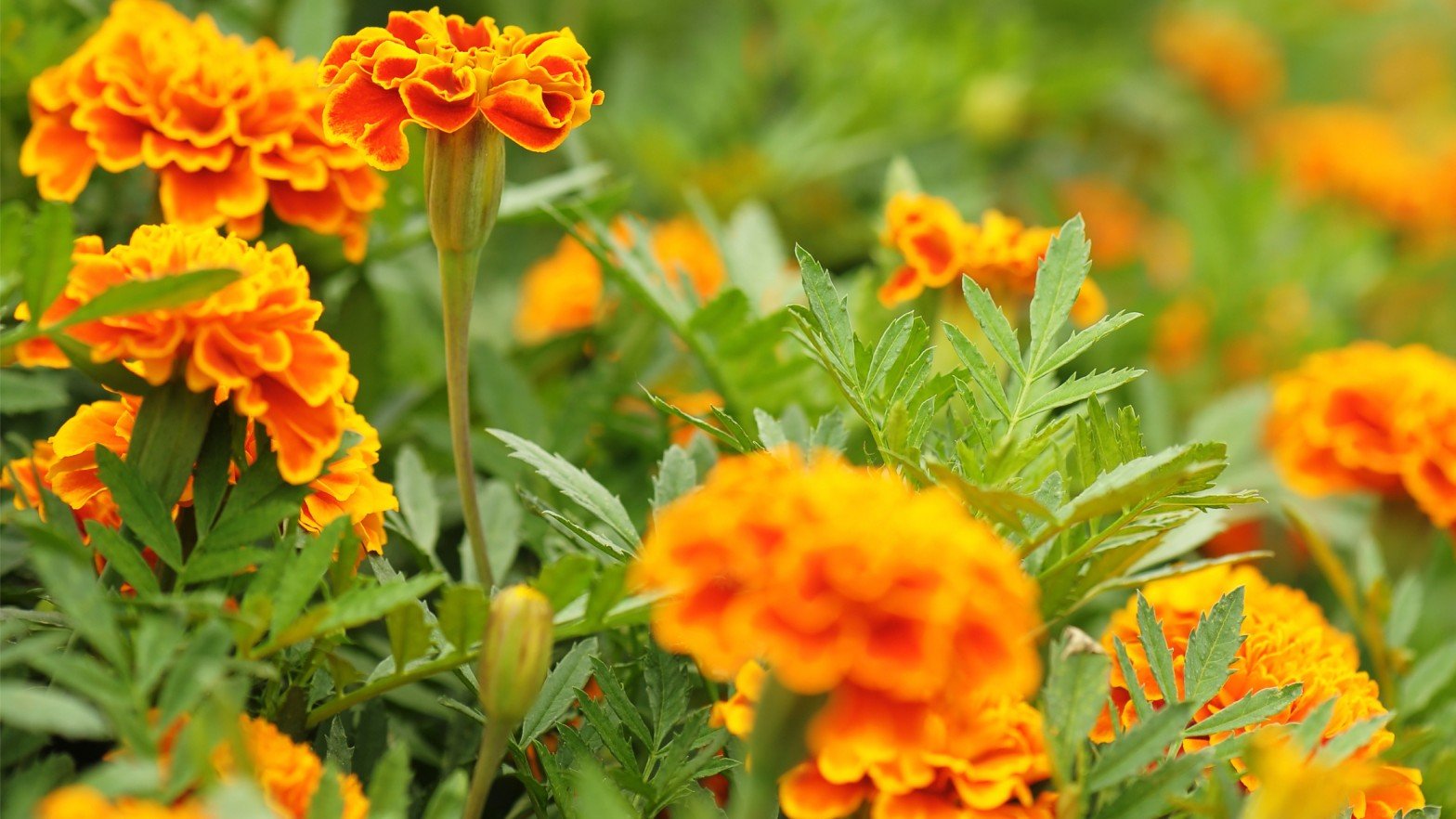
You can grow marigolds with your cucumber plant with its innate green leaves and fibrous roots. Marigolds are good repellents. Unlike other plant repellents, which scare off particular pests, marigold repels different pests such as squash bugs, cabbage worms, tomato hornworms, aphids, and root-knot nematodes. Marigolds control root-knot nematodes by releasing toxic chemicals that interrupt newly hatched eggs’ life cycle. Apart from acting as a repellent, marigold la equally attracts good plant pollinators.
Radishes
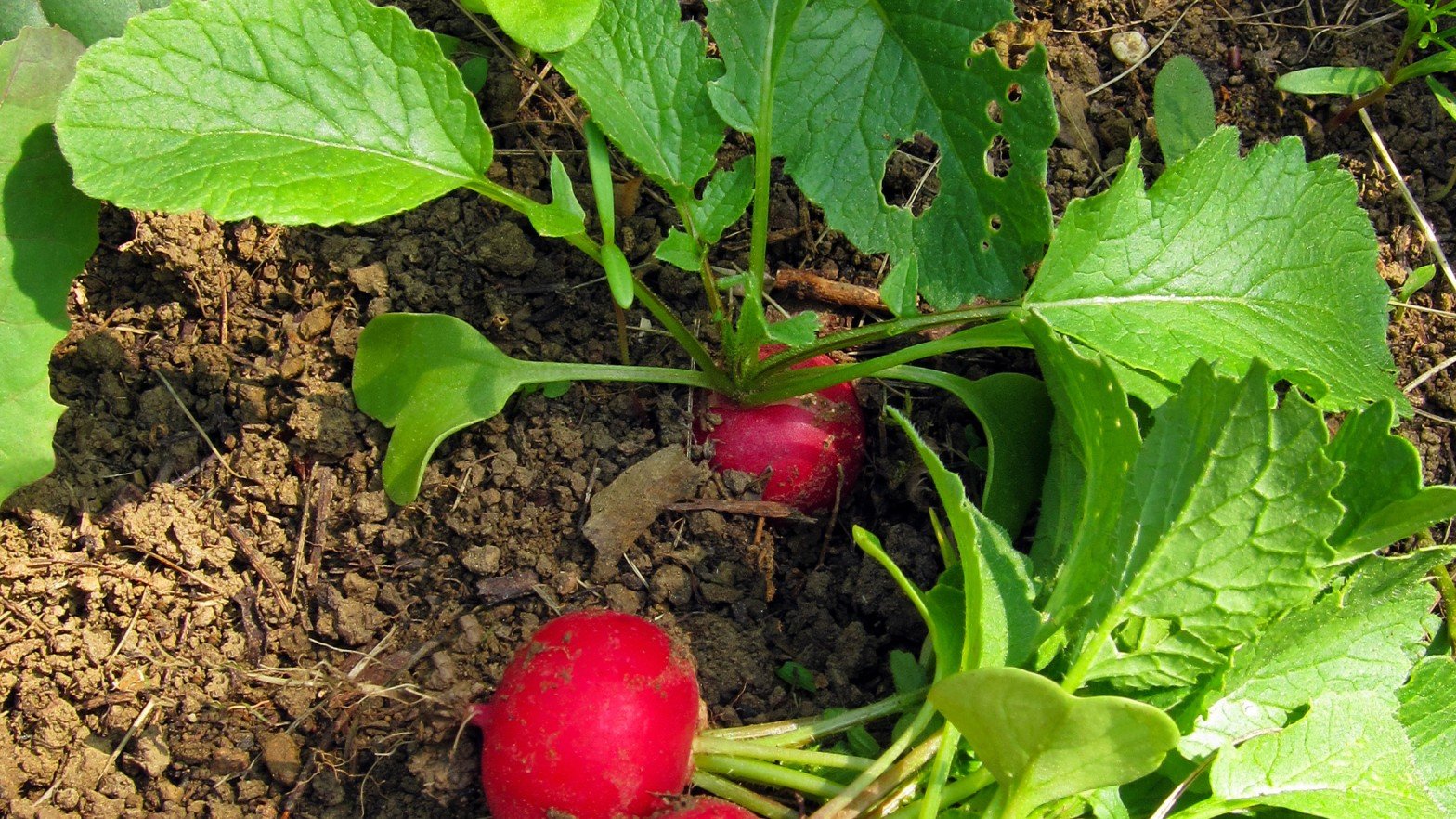
Radish is a reliable companion plant known for its ability to companion with several other plants without toppling the growth of the other. Radishes can companion with marigold, parsnip, dill, peas, including cucumbers. Radishes are known as the best plant markers in your garden. They can save you the stress of checking out for pests like flea beetles.
Beans
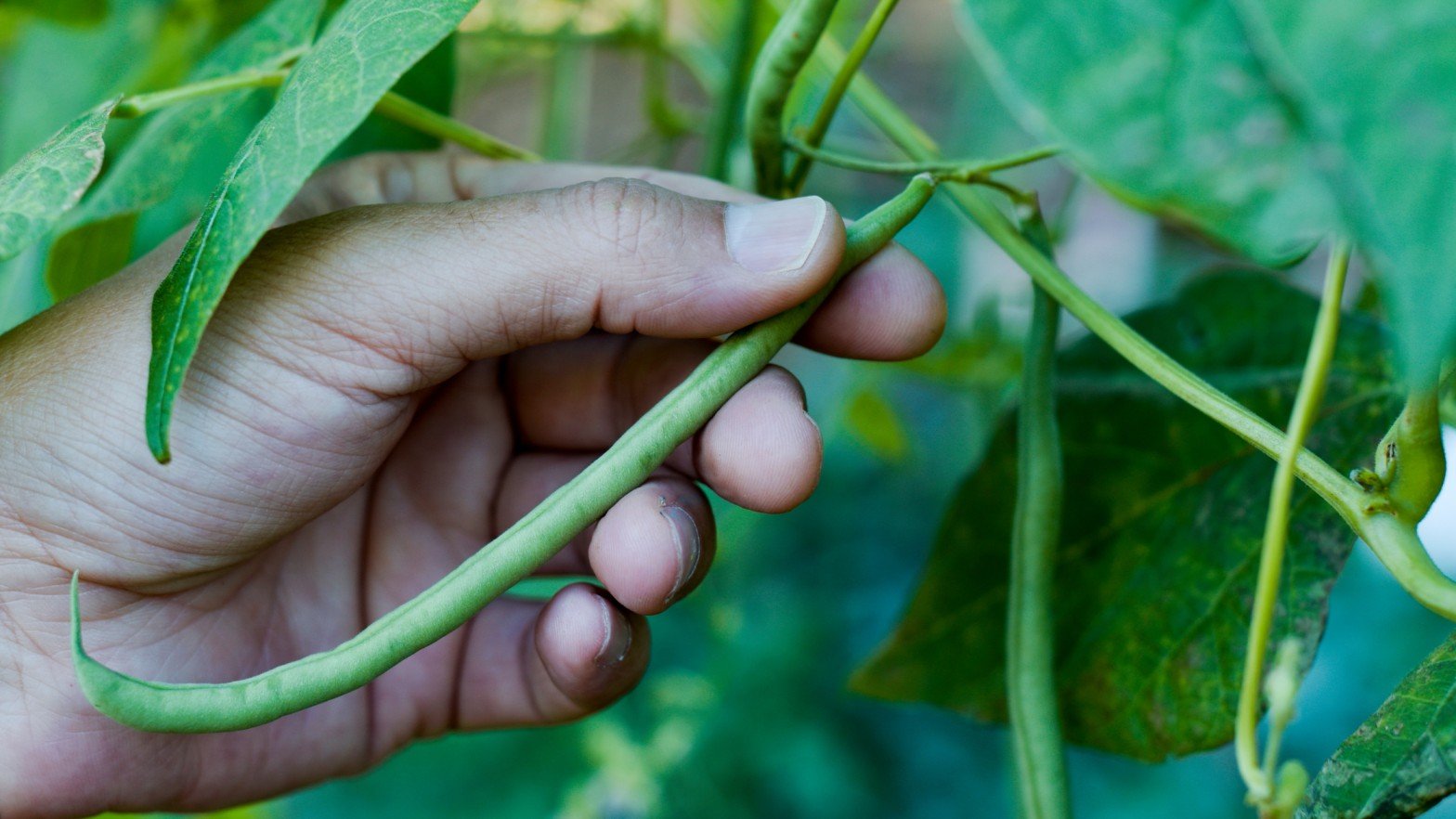
Beans are another leguminous plant that can be used as a companion for your cucumber plant. It checks depleted nutrients and enriches and fixes nitrogen in the soil. Beans are mutually beneficial to the main plants and can also be used to check weed space in your cucumber garden. However, take cognizance of the area between your cucumber seeds and beans’ seeds to prevent entangled roots.
Lettuce
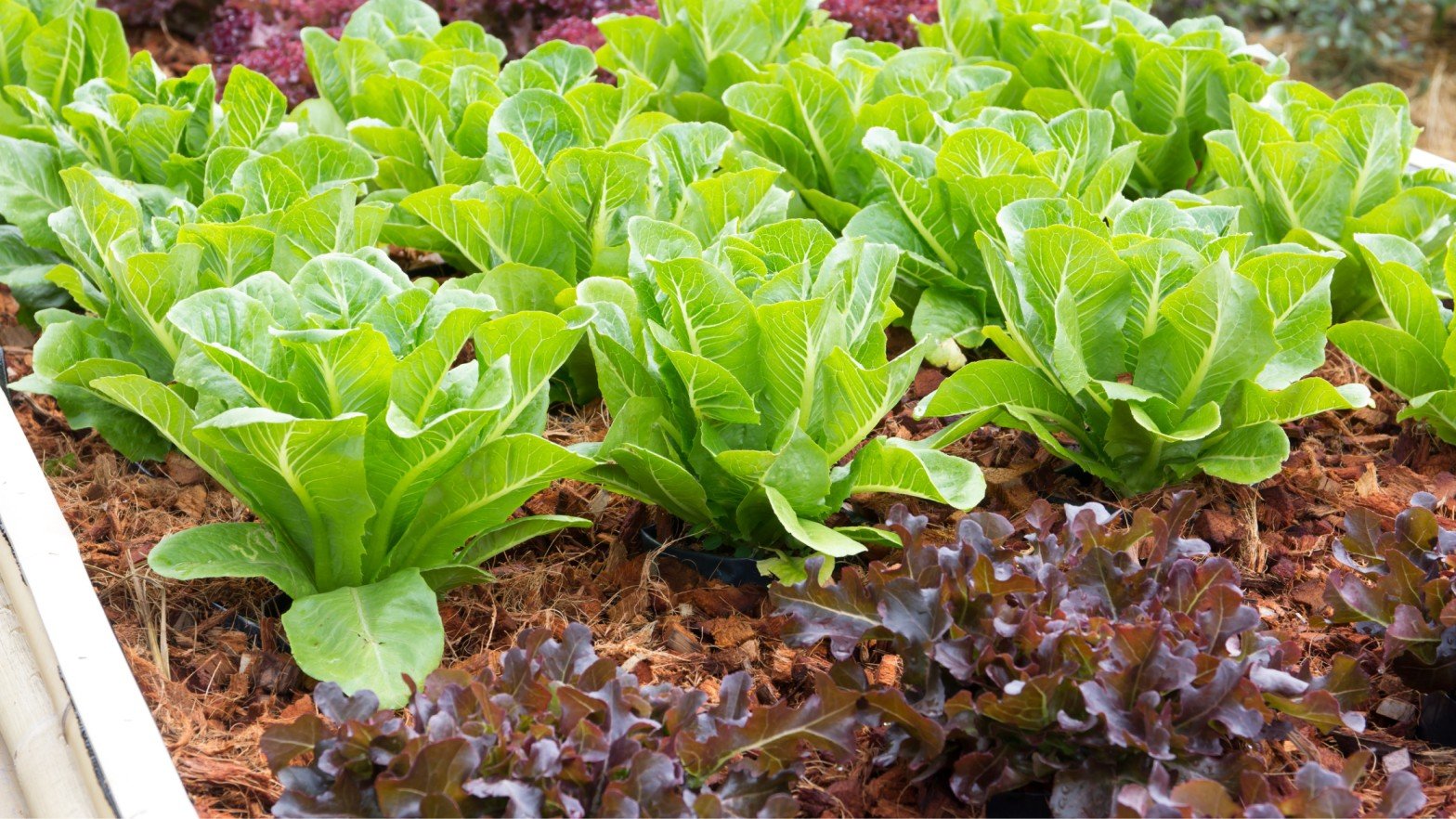
Lettuce is a great edible rich in vitamins. They can be used as companion plants with cucumbers. Cucumbers and lettuce are not enemy plants. They can be grown together just because they cannot harm each other. They don’t have any recognizable effect on the other. You can reduce weed space while expecting double yield from your cucumber and lettuce plant.
Dill
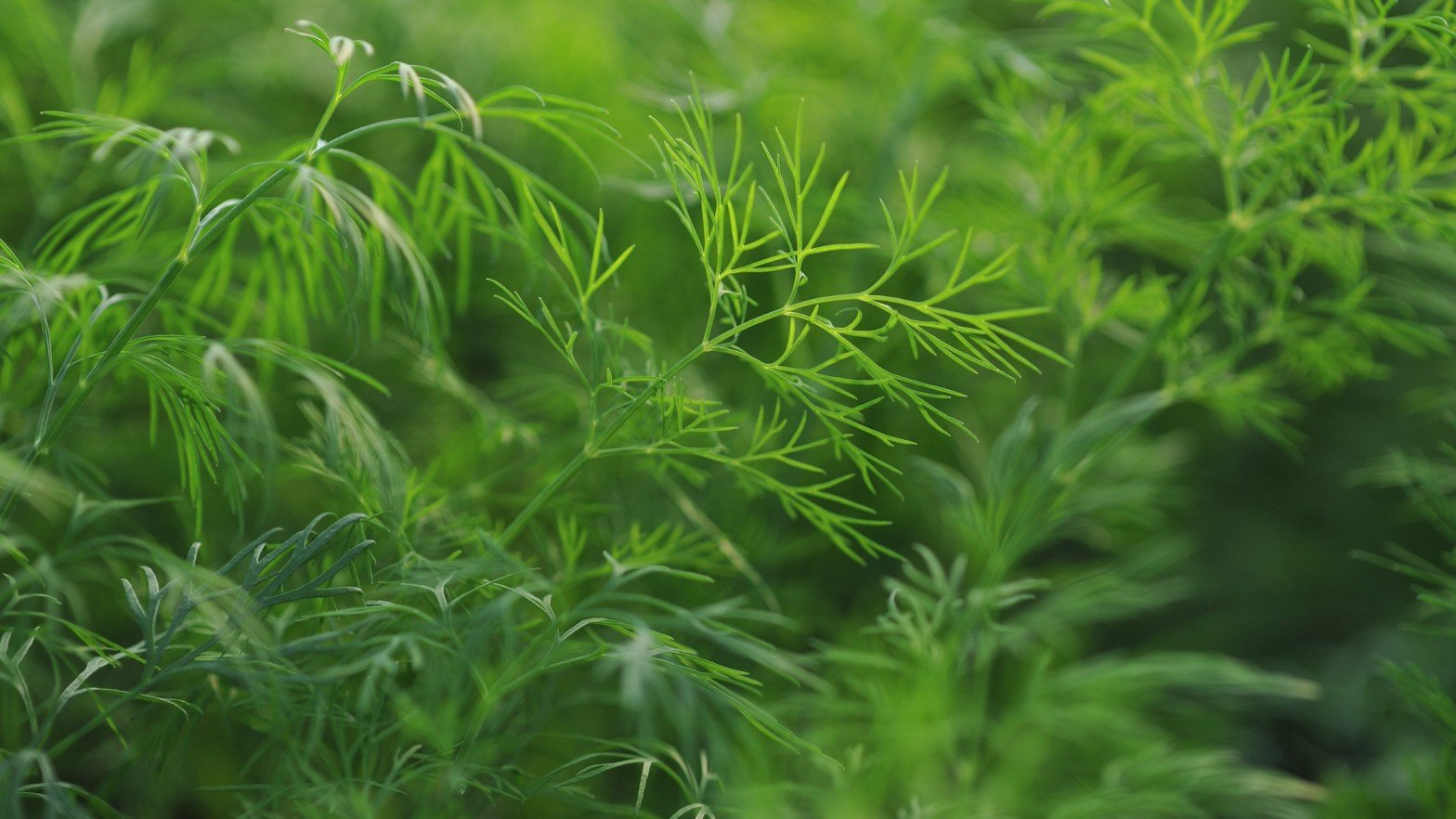
A good edible plant and well-known herbal alternative, dill is deemed one of the best companion plants for your cucumber. Its numerous functions make it a good option when planning to plant more pieces of a companion plant with your cucumber.
Unlike other companion plants, dills are not always too much for your cucumber garden. It can also repel pests, support, shade, and attract beneficial pollinators to your cucumber. Dell’s attract typical pest predators such as ladybugs which prey on aphids. It is also a good herbal alternative. Dill does not compete with cucumber for soil nutrients.
Carrots
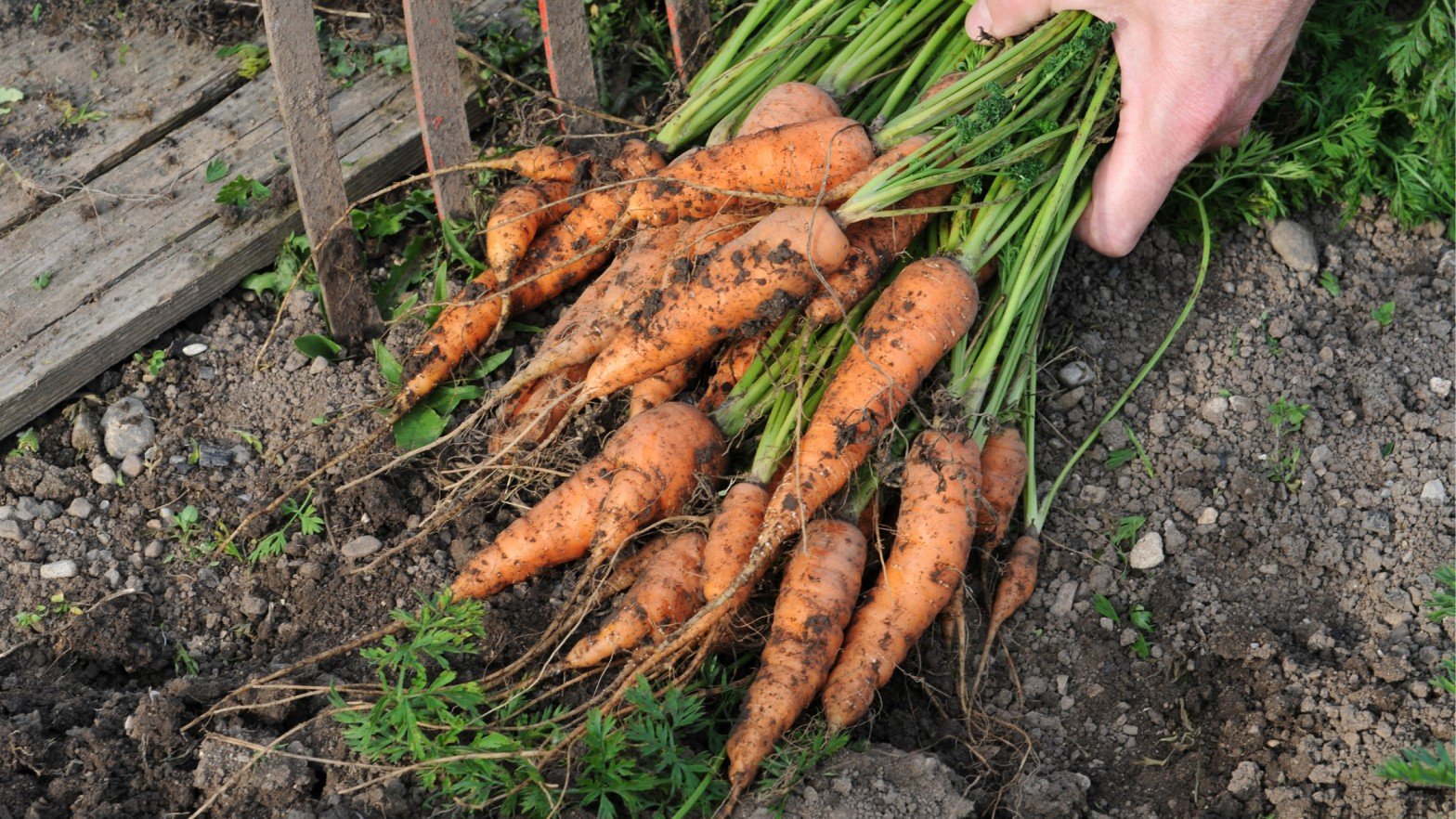
The carrot is an edible plant that grows very well with other plants. You can combine it with cucumbers. They share similarities and differences but are not harmful to each other. You need well-drained and loose soil to grow your carrot and cucumbers, but carrot plants require more delicate measures to grow and blossom. The slightest exposure to rocks and solids can impede growth and lead to deformation. Nevertheless, carrots and cucumbers grow, hindering the other.
Carrots are a good alternative when considering companion plants that repel flying pests such as carrot rust fly. They also repel aphids and Japanese beetles. Carrots can companion with varieties of other plants such as lettuce, onions, tomatoes, and sage. Carrots and cucumbers are not enemy plants. They can be grown together.
Corn
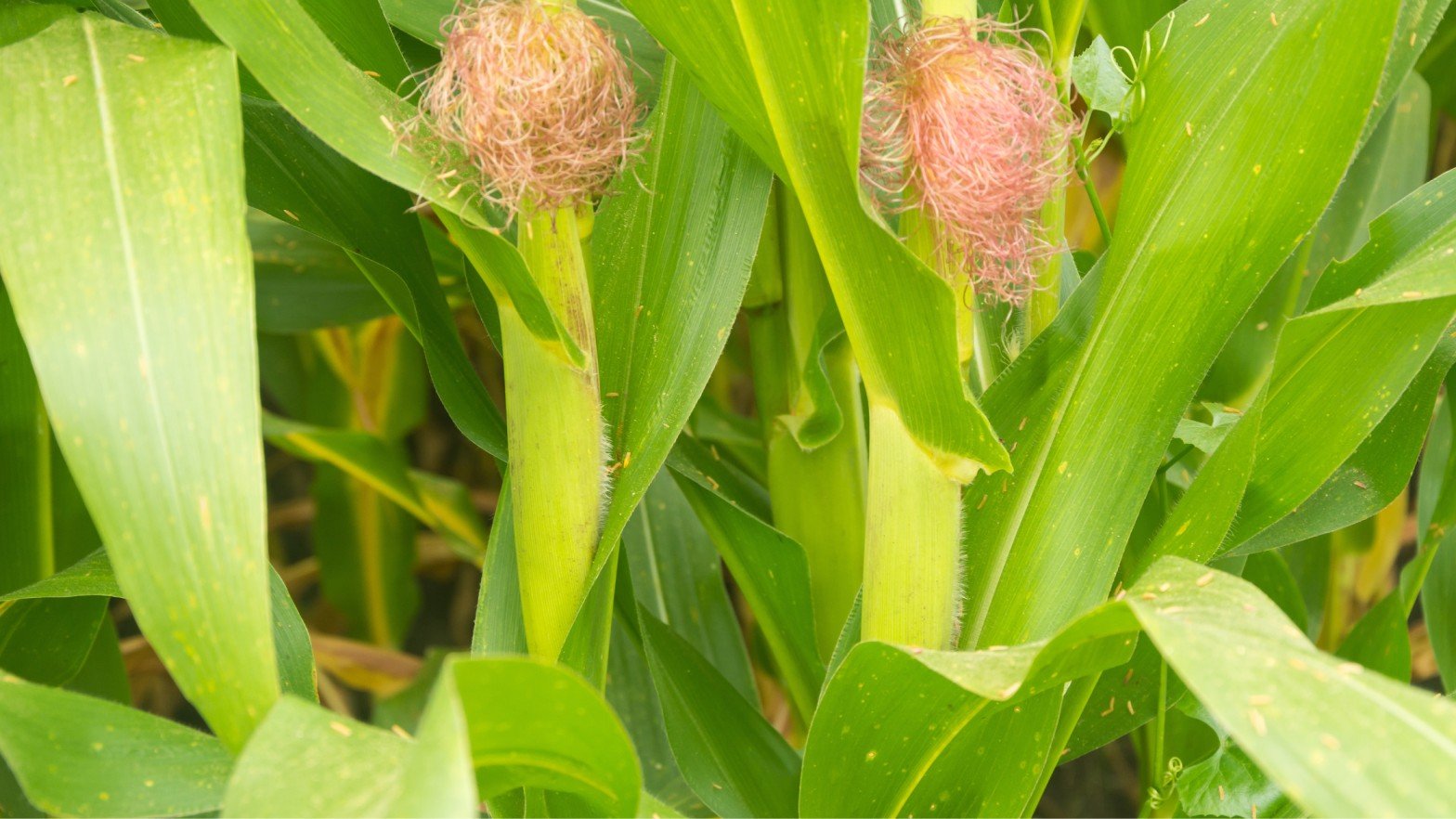
Apart from other miscellaneous functions which corn offers as a companion plant, corn provides two essential functions as a companion plant for your cucumber – support and shade. Corn offers a cool and well-shaded environment for your cucumber to grow. It can also provide a natural trellis to support your young and sprawling cucumber. Corn and cucumber are not competitors.
Broccoli

Broccoli is another good choice as a companion plant for your cucumber. Broccoli particularly scares off caterpillars and other plant pests from your cucumber. It is recommended to give enough space between the cucumber seed and Broccoli. This does not prevent it from providing needed shade and also repelling pests. Using Broccoli as a companion plant also helps optimize the garden space and clears off stubborn weeds.
Chives
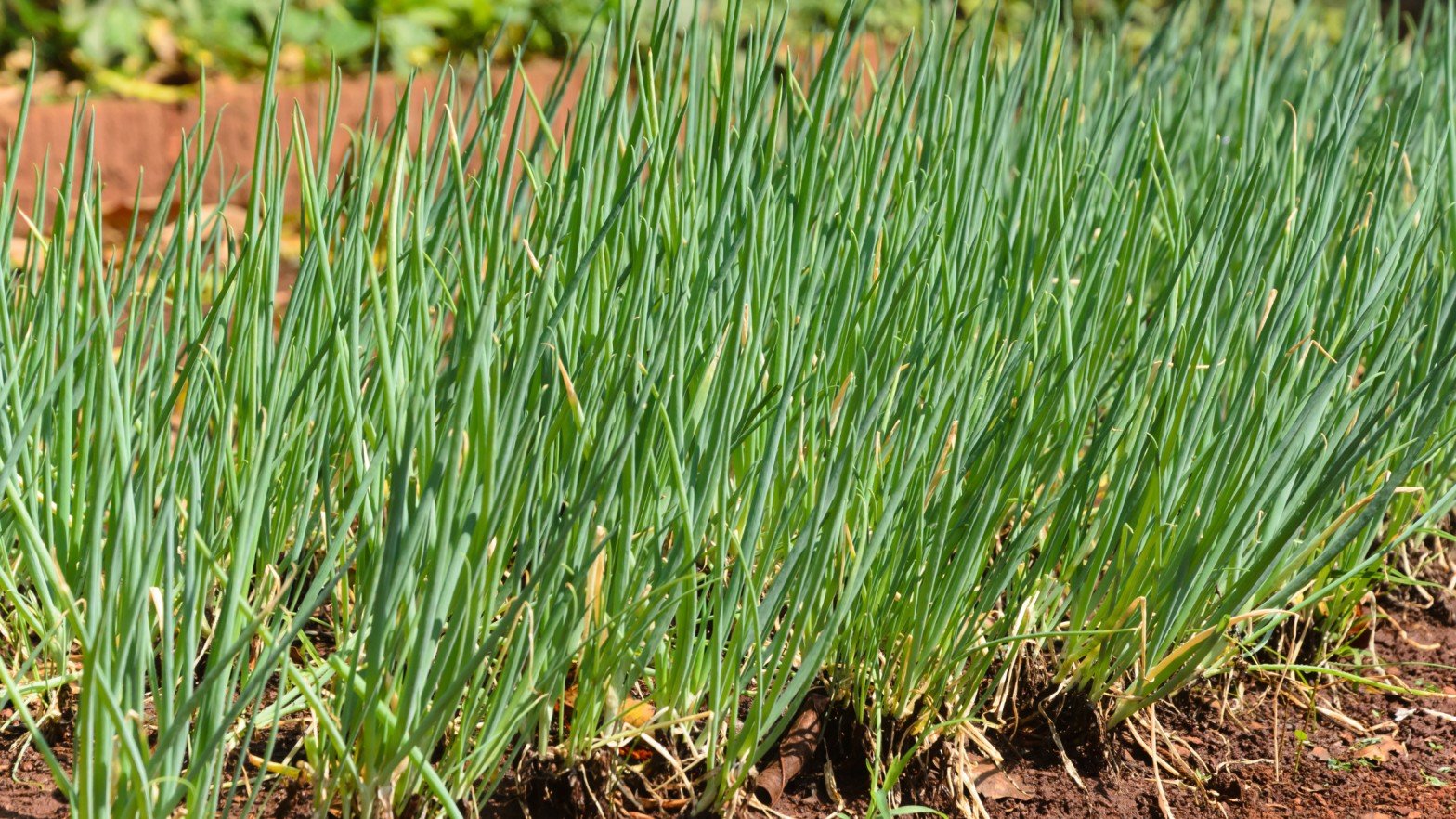
Chives and cucumbers are perfect companions you can use on the same plot. Chives are herbaceous, which form bulbs and bear edible fruits and leaves. Chives are known for their slender and stick-like structure, which makes them so delicate, especially in their early stages. As companions, chives are good repellents. They are also great pollinators.
Oregano
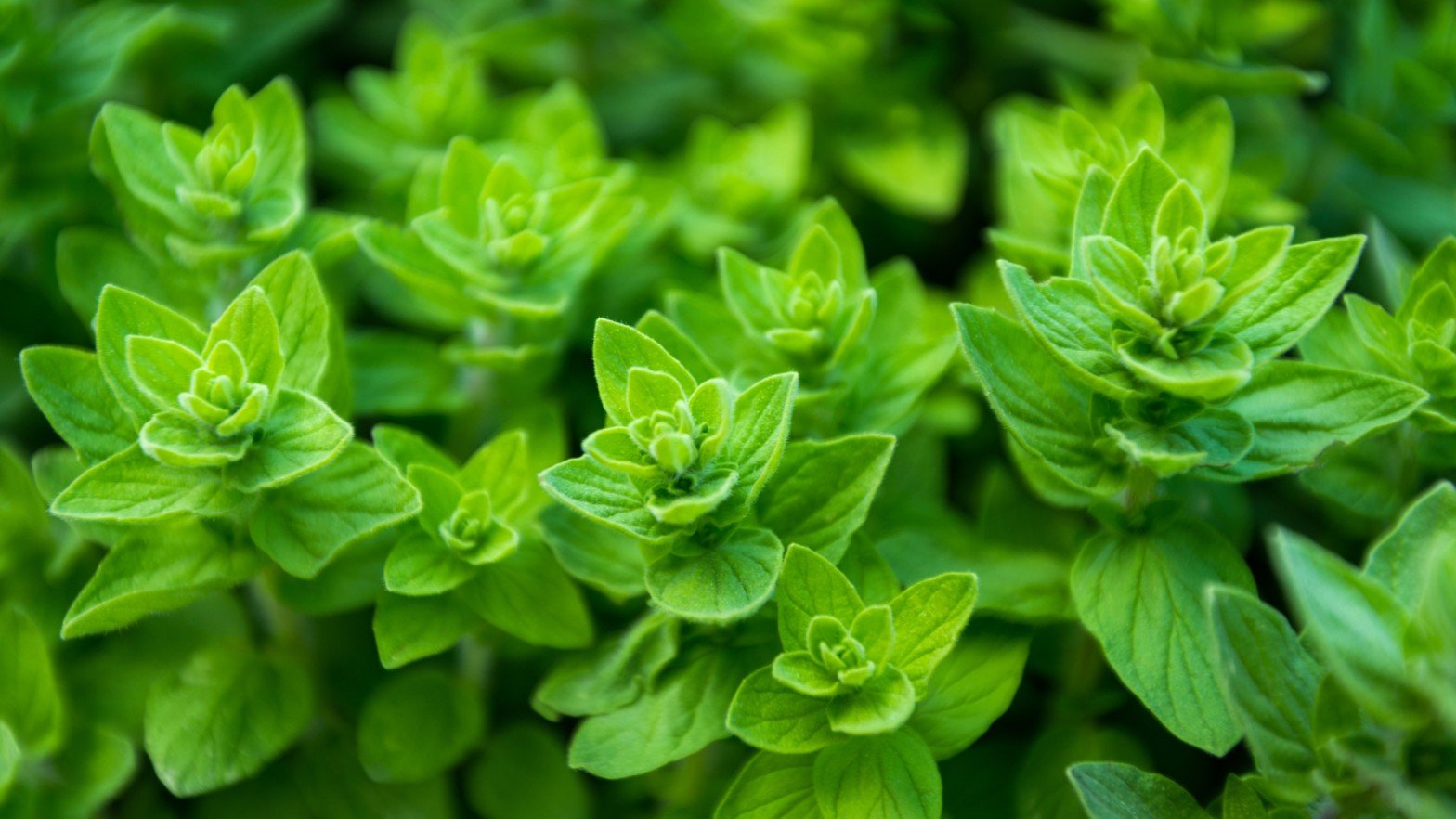
Referred to as wild marjoram, Oregano relates to herb marjoram. Its olive-green leaves shaped like spades, with purple-colored flowers, can provide a bit of shade for your cucumber. Although a good companion with enormous benefits, the main disadvantage is that it does ot survive winter periods.
Oregano is a good pest repellant, particularly when battling off aphids from your cucumber. Oregano oils emit strong smells which deter pests and harmful insects from your cucumber. Ants, cabbage moths, and beetles pick distance off your garden with oregano as a companion plant. Oregano also attracts pollinators to expedite the process of flowering and fruition for your cucumber.
Cauliflower
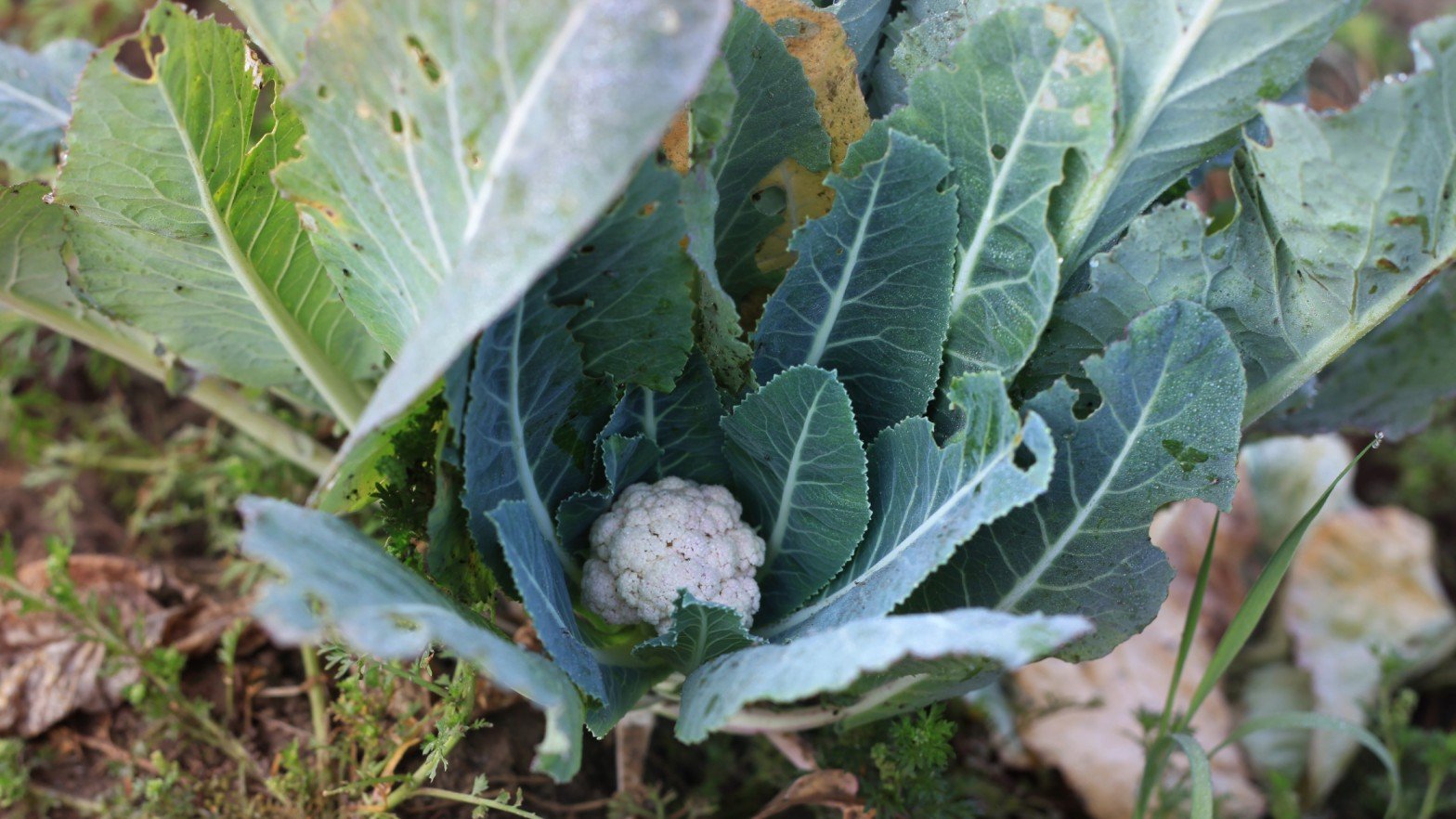
Unlike cabbage and other cucumber companions, Cauliflower poses some difficulties in terms of maintenance and care routines. If successfully grown with your cucumber, it has a lot of benefits. Cauliflower helps control the growth of weeds in your cucumber garden.
It also produces oil as a perfect repellent against typical plant pests and insects. Cauliflower helps control and scare off a variety of plant pests and insects. Like other legumes, Cauliflower helps enrich the soil by attracting nitrogen. They have shallow roots and don’t compete with your cucumber last for nutrients.
Sunflowers
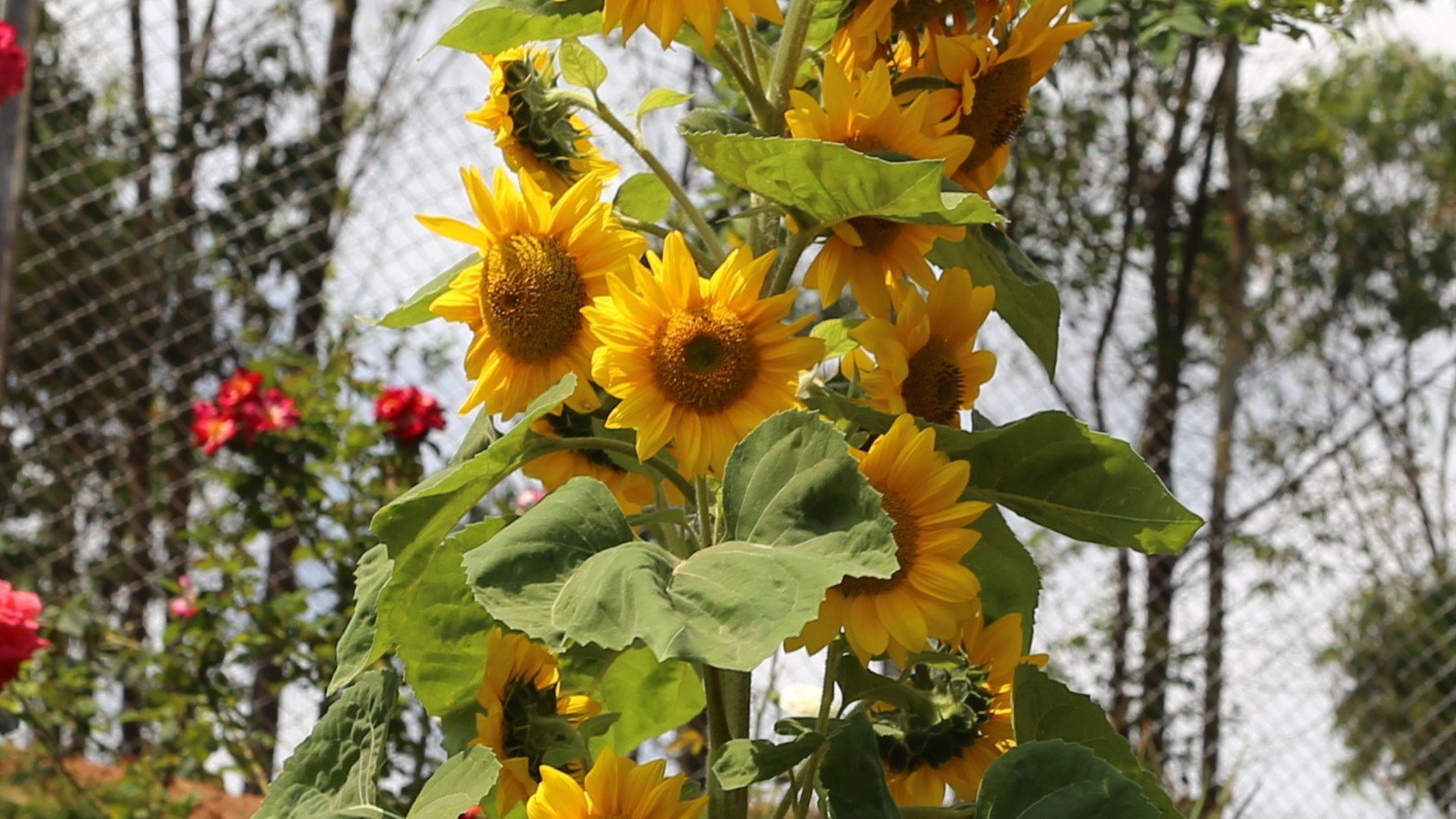
Sunflowers go with mostly vegetable and herbal plants. You can grow sunflowers with cucumbers. Unlike other garden bloomers, a full matured sunflower can grow up to 12 feet. This is an advantage. While cucumbers are crawlers, sunflowers can provide shade because of their height.
It can also serve as a trellis for cucumbers, supporting your cucumber’s healthy growth and blossoming. Sunflowers are also good pollinators. They produce pollen and nectar in larger volumes to attract pollinators and other beneficial insects.
Beets
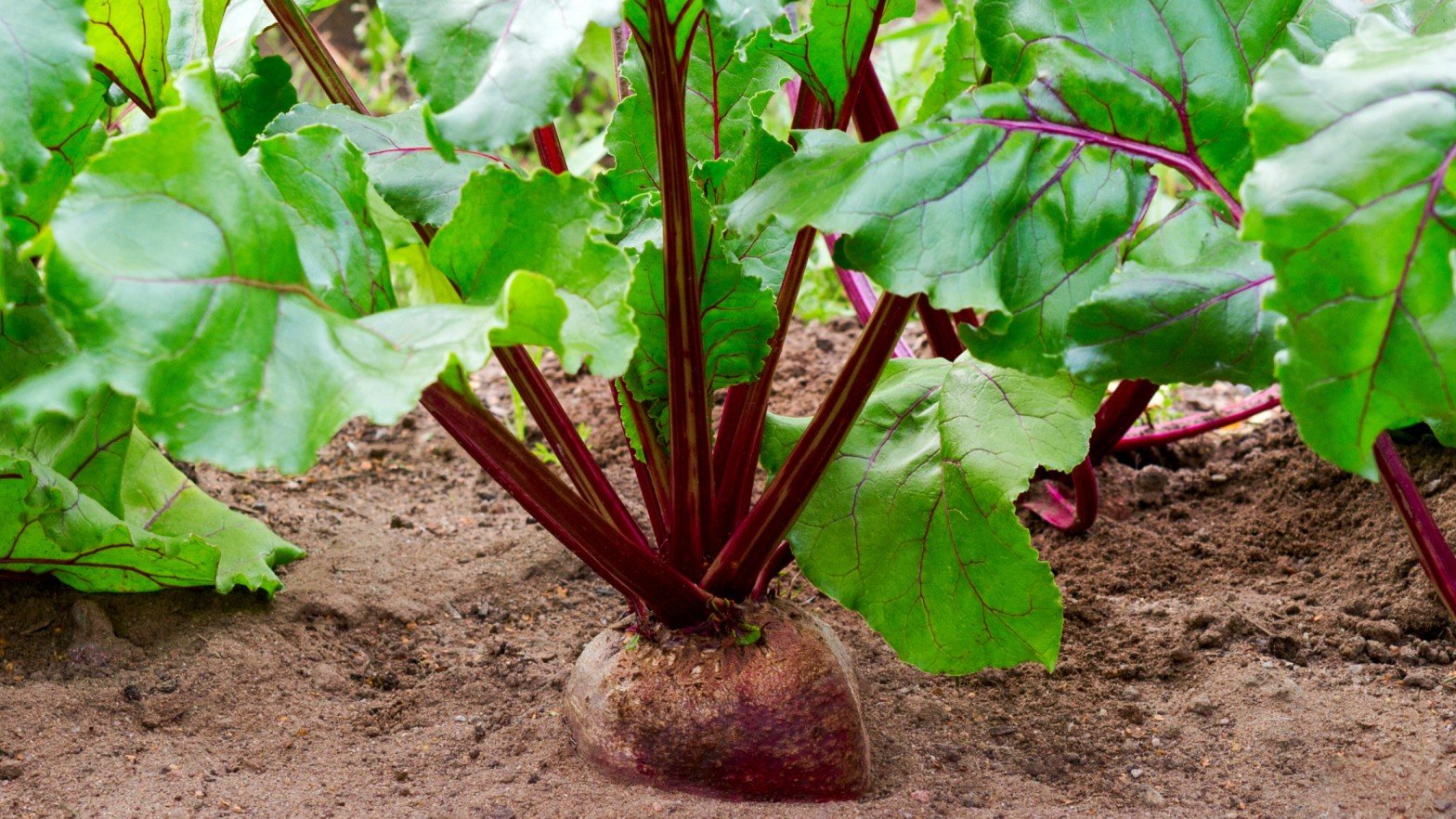
Beets are another good choice for when planning to use companion plants for your cucumbers. Beers grow very fast, and above all they are easy to grow. Beets are root crops. They do not compete with your cucumbers. All parts of beets are edible. There are no specific functions of companioning beets with cucumber. They are not competitors. You can utilize leftover space in the cucumber garden to generate more yield.
Onions

Onion is another vegetable plant that goes with your cucumber. Onions do not provide space or shade for your cucumber. Unlike garlic, they are bulb-like layers of developed leaves that are made of a tightly packed collection of cloves. One benefit of onions is that the smell can be very toxic to burrowing and animal pests such as squirrels, deers, and wild cats. If you are growing your cucumber in your home or a pot, onions can be the best option to scare them off due to their powerful smell.
Lentils
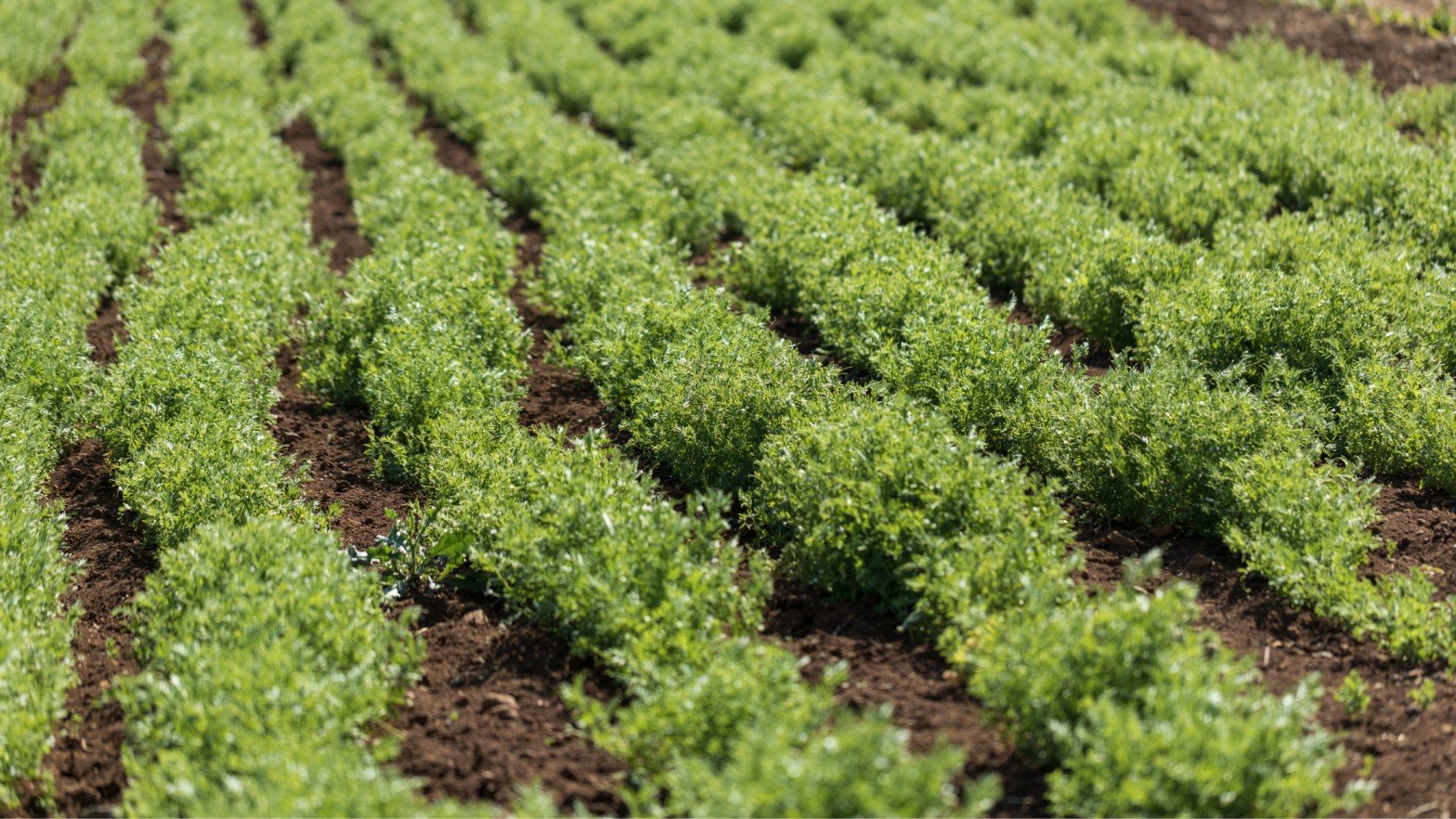
Lentils compete with other luminous plants such as beans, peas, and other leagues as good companion plants for cucumbers. Like other legumes, lentils help fertilize the soil making it a fertile ground for your cucumbers by fixing nitrogen to the soil and making it accessible for your cucumber plants. However, lentils hate any other legume grown close to it. Cucumber goes with legumes, but don’t combine any other legumes when using lentils as companion plants for your cucumber.
Celery

There are no particular reasons to plant or not plant celery with your cucumber plant. However, unlike your sprawling cucumber plant, celery grows upward and rises off the ground. They can provide shade and function as support trellis; celery and cucumber are not competitors. You can also use it as a plant marker because it can grow fast and yield.
Borage
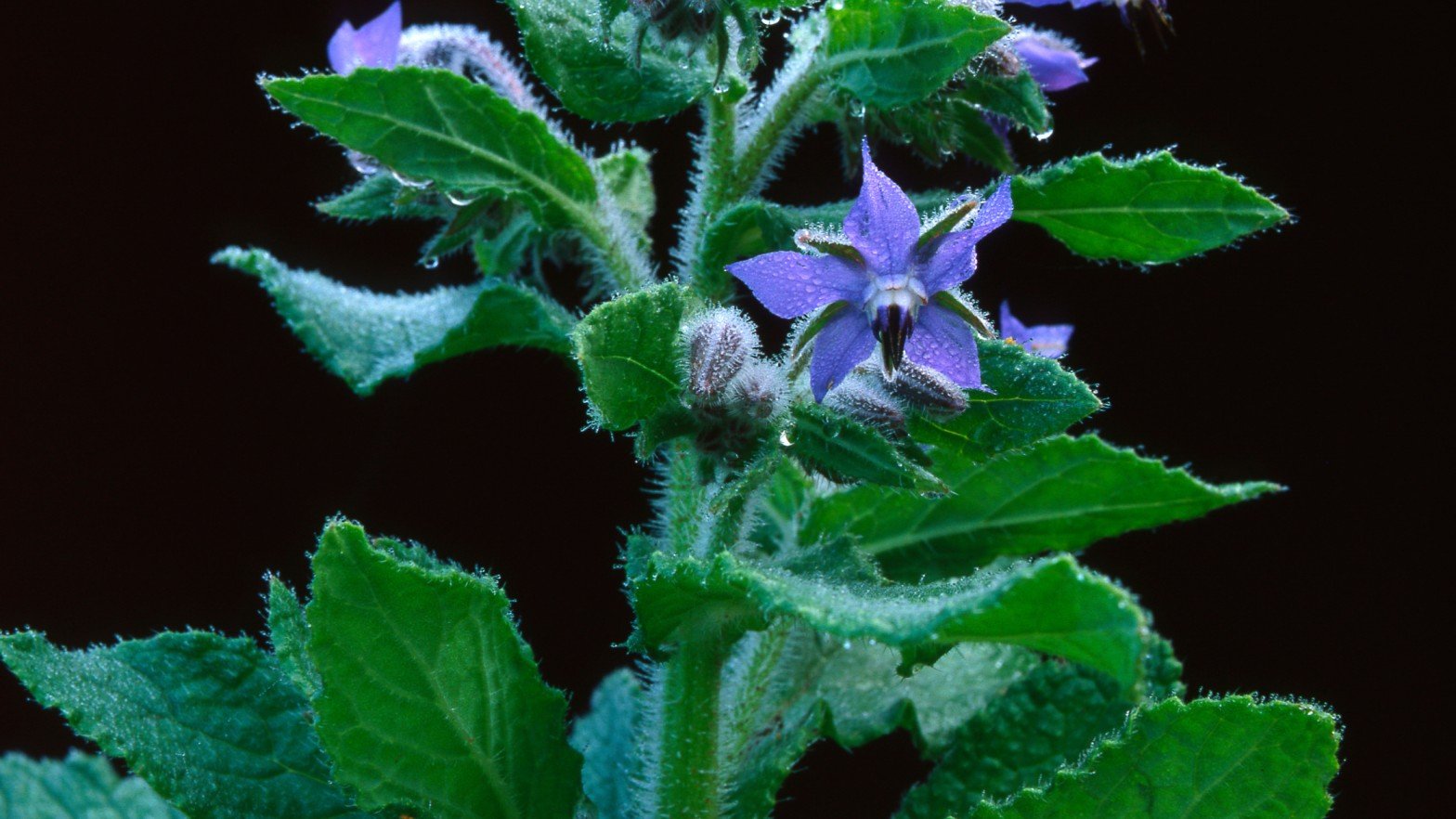
Borage and cucumbers have similar tastes and can be grown together. They are perfect friends with mutually beneficial relationships. Borage can attract pollinators. They speed up fruition and also improve yield. However, there are reservations when using Borage as cucumber companions. Space them properly. Borage aids yield and quick termination by adding additional soil nutrients. It also repels pests such as hornworms
What You Should Not Plant With Your Cucumber
Cucumbers can companion with various plants as listed above, but there are plants you should not plant close to your cucumber. Your cucumber should not share a garden or bed with the following plants
Potato
Potatoes and cucumbers are enemy plants. If you plant them close to each other, expect stiff competition and the struggle for essential nutrients resulting in poor yield, stunted growth, leaf drop, and in most cases, death.
Mint
Mints can grow well in similar breeding conditions to cucumbers but sprawl and tend to be aggressive after flowering. Plant them distances away to prevent hindering the growth and blossoming of the other.
Melon
Melons are harmful to cucumbers, but it is not recommended as a companion plant. The reason is simple; melons and cucumbers are vulnerable to the same kind of pest. None will protect the other, leaving your crops susceptible to attacks.
What Is a Good Companion Plant For Cucumber?
Corn is one of the best companion plants for cucumbers. There are numerous benefits for your cucumber plants when used as companion plants. They provide shade, trellis, and support for your cucumber and help you, the gardener, maximize space. Other good companion plants are marigolds, root vegetables, dills, and nasturtiums,
What Should Not Be Planted Near Cucumbers?
There are some plants you should not allow to come close to your cucumber to avoid damage and harm. They include melon, sage, potato, peppermint, and potato.
How Far Should A Companion Plant From You Cucumber?
Companion plants should not be too far or too close to cucumbers. Irrespective of the species of plant used, it should at least be 18 inches far for your cucumber.
